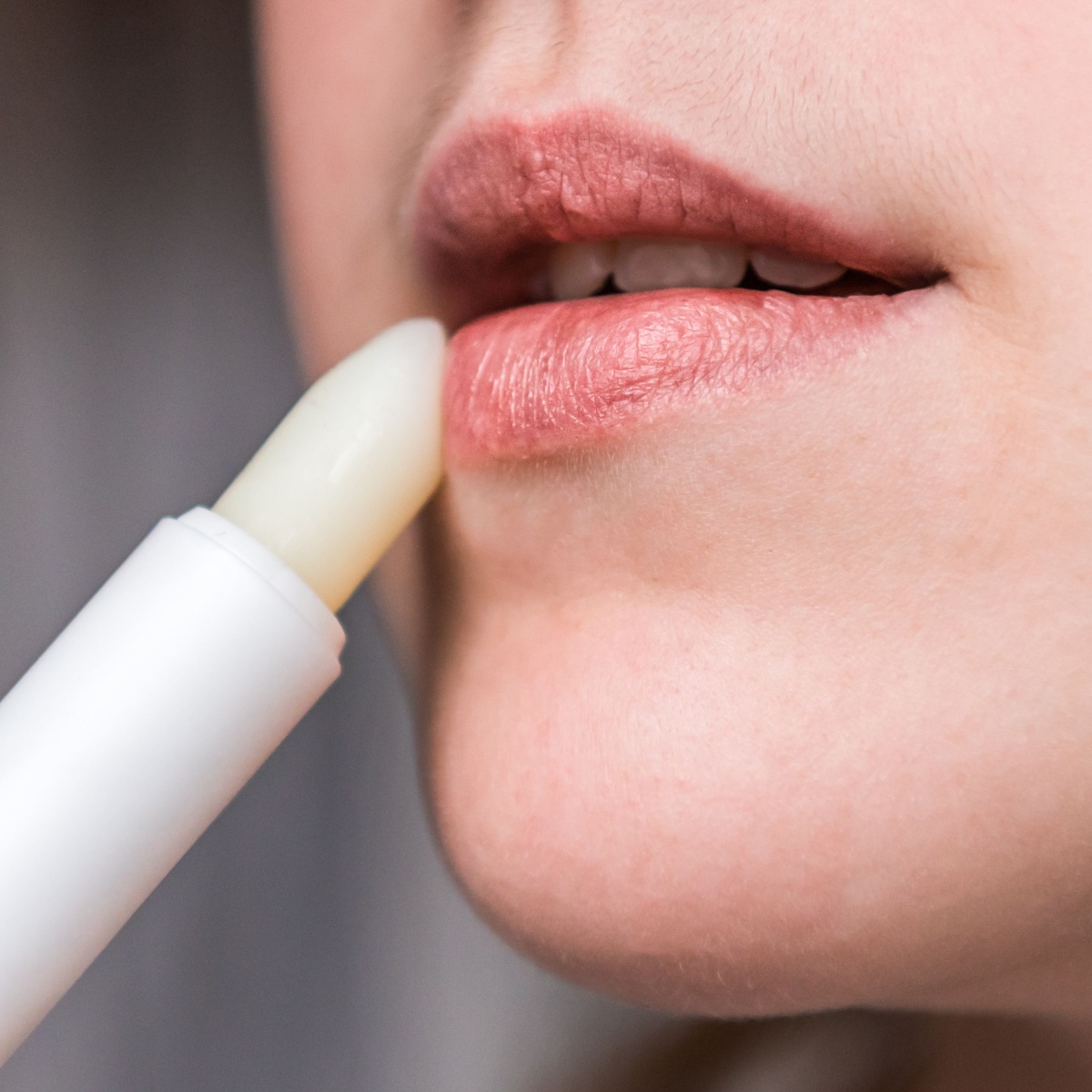This is an archived article and the information in the story may be outdated. Please check the time stamp on the story to see when it was updated last.
Nothing gets you more energized for the day than having a big cup of caffeinated coffee or tea with breakfast. And without even realizing it, we're constantly consuming more and more caffeine to get us through the day: iced tea, soda, and lattes are just a few of the thousands of caffeinated drinks that surround us daily. And, like most things, too much of it can be a terrible thing for your body.
[Photos: Shutterstock]

Too much caffeine can wreck havoc on your body. Consuming more than 500 milligrams of caffeine a day, which is about 5 cups of coffee, can lead to a range of health problems caused by lack of sleep: insomnia, restlessness, and irritability are just a few of the many!

Not only can it cause problems induced by sleep deprivation, but it can lead to some serious health concerns. Too much caffeine can cause stomach sensitivity, fast heartbeat, and even muscle tremors! Researchers have even shown that drinking over 4 cups of coffee a day can lead to earlier death rates, so watch out!

Although it may not seem like it, caffeine is still an addictive drug. Many people actually form a caffeine addiction, and depend on it to get through their day to day activities. This can become a physical dependency, leading to withdrawal symptoms when you try to reduce the amount of caffeine you take in.

Caffeine affects everyone uniquely, so make sure caffeinated drinks are safe for your consumption. For example, people who suffer from anxiety disorder are advised to stay away from caffeine, since it can cause people to feel more anxious. Kids and adolescents should also stay away from caffeine, since it has an indirect impact on children's learning abilities through lack of sleep. Always remember to keep at least a few cups of coffee as decaf to avoid any of these caffeine-induced symptoms!


























